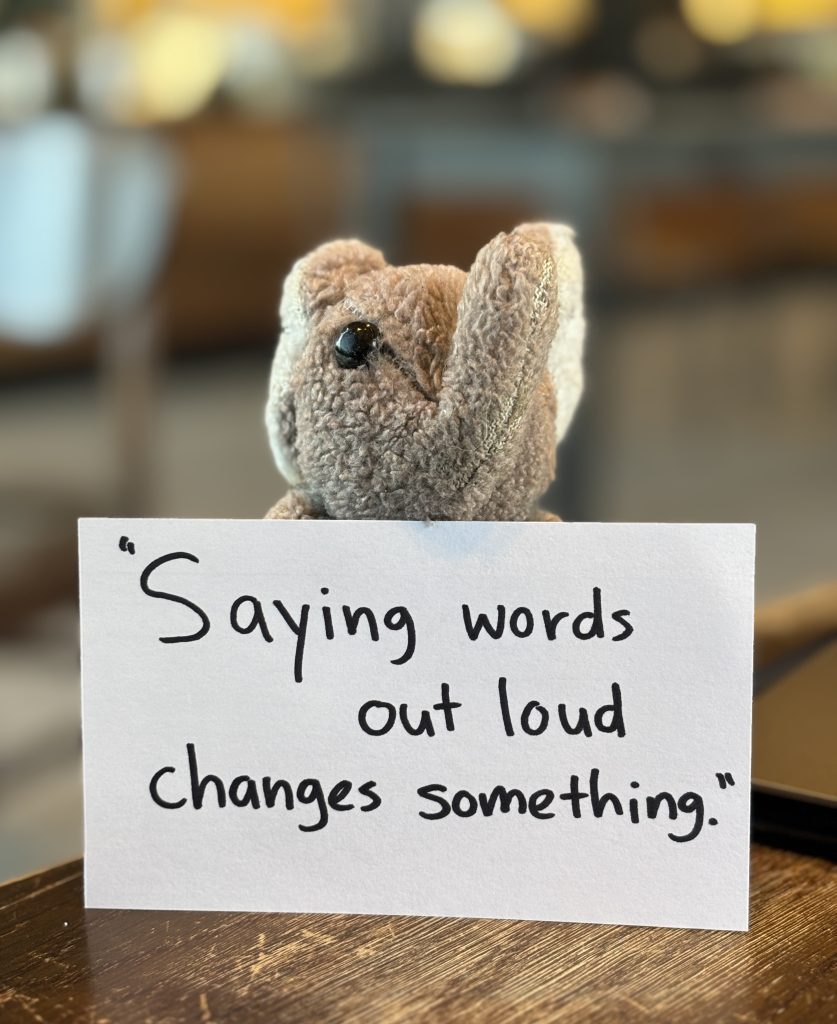
When we have trouble writing, the words are never the problem.
I learned this lesson the hard way as a part-time grad student. For my final paper, I had the perfect assignment: write 40+ pages about W. H. Auden. He was (and is) my favorite poet and a perennial muse. Few things invigorate me as much as pulling out his Collected Poems or diving into one of his essays.
And yet, I couldn’t write that paper to save my life.
I tried everything: Writing from home. Writing at the library. Writing in Starbucks. Writing in a different library. Writing in a different country. Maybe I need more sources, I thought. So I bought more Auden books. No dice. I even took time off from work, swearing that THIS would get me across the finish line. That didn’t work either.
It felt impossible to explain my predicament to others. For one thing, I was deeply ashamed. What was wrong with me? I knew how to write. Heck, I was a good writer. My profs actually enjoyed grading my papers. I’d written more papers than I could count and even published a book of short stories. How had I lost my mojo?
But more than that, I just didn’t know why I froze every time I opened the Word doc that contained my work in progress. And it wasn’t just mental. My throat would constrict. My chest would tighten. My heart would race. It was all I could do to sit in my seat, let alone stay on task.
Lately, I’ve been reading The Perfectionist’s Guide to Losing Control by Katherine Morgan Schafler. It’s blown my mind, and I’m still trying to pick up the pieces and put them back together. One passage especially stuck out:
When people say they don’t know why they can’t sleep, what they usually mean is they’re not ready to explore the possible reasons out loud. Saying words out loud changes something.
Sometimes you say a thought out loud to give it weight because it matters. Sometimes you say a thought out loud to let it go because it’s trivial. Until you allow the words to hit the air, it can be difficult to tell which is which. The stakes are higher when you say something out loud because the truth becomes clearer to you.
Change “sleep” to “write.” The resulting passage is just as true.
As writers, we have the perfect canvas for saying thoughts out loud: the blank page. Because often, it’s not enough to talk through the things getting in our way. We have to perform the act of writing and get our whole selves involved. That often feels counterproductive. “If I’m going to write,” we say, “I ought to be working on my project.” But no. Instead, you need to put that aside and start interrogating yourself on the page.
If you’re blocked, you might not be up for this challenge. It’s a scary thing to do. A vulnerable thing to do. Only you can decide if you’ve got the resources you need to walk down the path.
But once you have the courage and the support you need, beautiful things can happen. You get to trade shame and self-loathing for love and peace—not because you’ve somehow earned the right thanks to your production, but because you’ve chosen to pursue the truth.
Leave a Reply